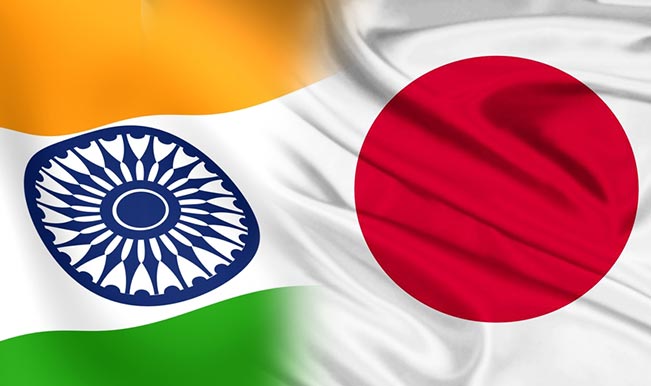
The Growing Intolerance in India – Exchange of Notes with Japan
A Dalit teacher in UP is suspended because he congratulated Pakistan when they won over India. He alleged also questioned by GST is not enacted in the state of J and K. Apparently, he questioned some of the policies of the Modi Government.
He is suspended. Similarly, Ramchandra Guha is threatened with a lawsuit for his remarks after the assassination of Gauri Lankesh. The noted Shudra writer, Kancha Iliah, have also received threats to his life. The political violence is rising faster in India and if we map its trajectory it is growing with the speed.
RSS is showing its deadly fangs when it talks of reviewing the constitution of India. In the current situation, the RSS/BJP acquired unprecedented power: the power over the capital, the power of the media, and the “misinformation” engines that makes India’s gullible masses the policies that are actually against them are for the welfare of them.
The Japan Times wrote a scathing criticism of Modi and the failed promises he made to India’s citizens. The article is interesting from several points of view and it was written just before Shinzo Abe’s visit to India. Abe and Modi are friends for a long time and they both share similar “nationalistic ideology”.
Many activists in Japan have been increasingly disillusioned by Abe’s nationalism which sometimes endangers the Japanese democracy. Modi and Abe can share notes about how they keep the iron hold over their respective nations and this is much more important than the “bullet train” diplomacy. The project of Bullet train by all the accounts of cost and benefit is showing a failed project.
The Japanese will invest in India and India will have an obligation to repay the debt for a long time exceeding perhaps a period of a decade to repay the debt. India’s growing closeness to Japan is welcome as we need to build the relationships with all the powers in the world. However, the geo-strategy has become a strange beast.
For example, in the Rohingya crisis, it has become very difficult to fix up all the bits of pieces to get the coherent picture. The point of view changes from which newspapers we read and which country we belong to, but looking at it from the humanitarian point of view, it urgently calls for the resolution of the situation through multiparty involvement.
So Modi has a lot to learn from his Japanese nationalist counterpart, Abe, as to how to continue the hold over power through all the means possible.
Author – Mangesh Dahiwale



+ There are no comments
Add yours